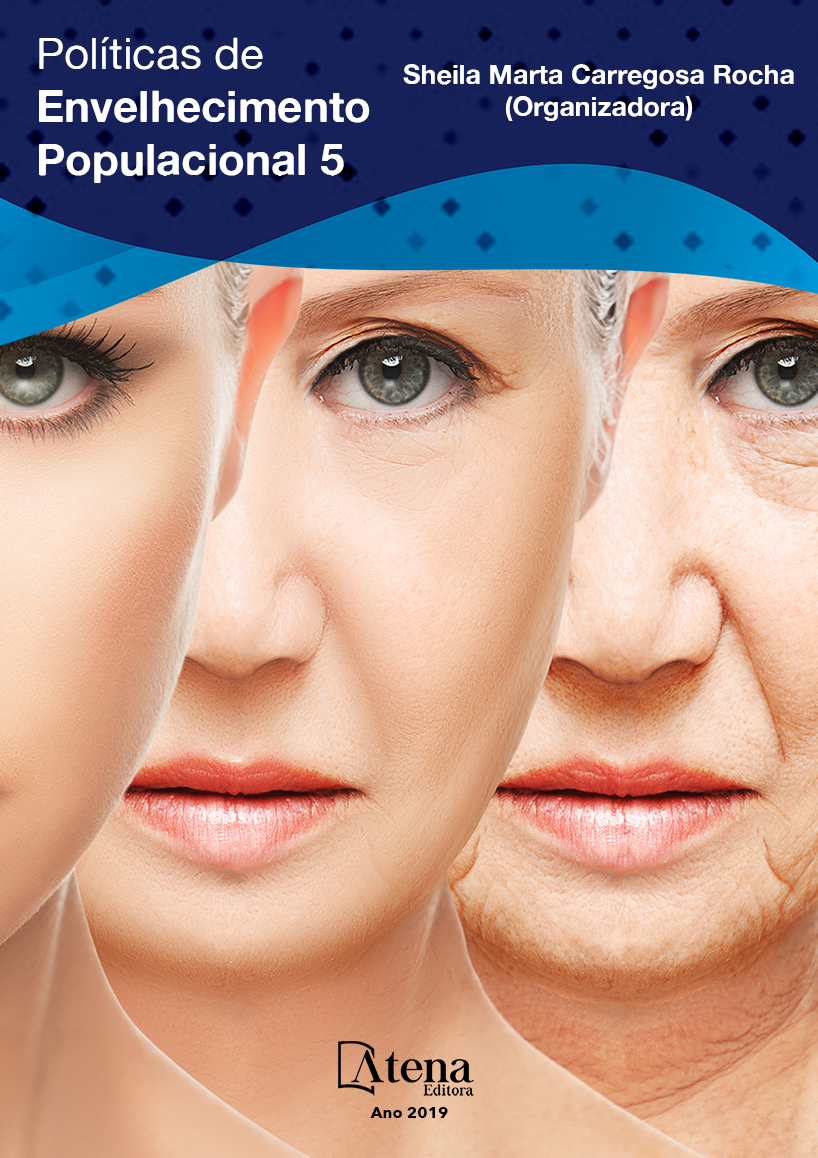
ASPECTOS CLÍNICOS DO TRANSTORNO DE DÉFICIT DE ATENÇÃO E HIPERATIVIDADE NO IDOSO: REVISÃO INTEGRATIVA
Objetivo: realizar um levantamento na produção científica existente acerca dos aspectos clínicos do TDAH na pessoa idosa. Métodos: revisão integrativa com busca nas bases de dados Medline; Pubmed e Scielo dos artigos publicados em inglês, português e espanhol disponíveis on line. A amostra foi constituída por 09 artigos. Resultados: os estudos revelam a persistência de sintomas do TDAH na pessoa idosa, dificuldades de detecção na fase adulta do distúrbio, quando este não é feito ainda nas fases iniciais e o tratamento poderá ser um auxiliador para uma qualidade de vida melhor. Conclusão: o TDAH é um distúrbio comum e mais facilmente identificado na infância, porém estudos revelam haver a persistência de alterações clínicas na pessoa idosa, o que acarreta para estes consequências na sua vida afetiva, acadêmica e financeira, evidenciado assim a necessidade de se realizar a detecção precoce e o acompanhamento adequado para evitar a ocorrência de transtornos prejudiciais na vida destes idosos. Outro fator relevante resultante deste estudo consiste na necessidade de realizar mais estudos sobre esta temática, pois observou se certa escassez de produção científica sobre o TDAH em idosos.
ASPECTOS CLÍNICOS DO TRANSTORNO DE DÉFICIT DE ATENÇÃO E HIPERATIVIDADE NO IDOSO: REVISÃO INTEGRATIVA
-
DOI: 10.22533/at.ed.80219131113
-
Palavras-chave: TDAH; Idoso; Psiquiatria; Saúde Mental; Envelhecimento.
-
Keywords: ADHD; Old man; Psychiatry; Mental health; Aging.
-
Abstract:
Objective: To survey the existing scientific literature on the clinical aspects of ADHD in the elderly. Methods: integrative review with Medline database search; Pubmed and Scielo of articles published in English, Portuguese and Spanish available online. The sample consisted of 09 articles. Results: Studies show the persistence of ADHD symptoms in the elderly, detection difficulties in the adult phase of the disorder, when it is not yet done in the early stages and treatment may be a helper for a better quality of life. Conclusion: ADHD is a common disorder and more easily identified in childhood, but studies show that there are persistent clinical changes in the elderly, which leads to these consequences in their affective, academic and financial life, thus evidencing the need to perform early detection and appropriate follow-up to prevent the occurrence of harmful disorders in the lives of these elderly. Another relevant factor resulting from this study is the need to carry out further studies on this subject, since it observed a certain lack of scientific production on ADHD in the elderly.
-
Número de páginas: 1
- CAMILA NAVARRO ROCHA SARAIVA
- MARIA MIRIAM LIMA DA NÓBREGA
- NEYCE DE MATOS NASCIMENTO
- RAFAELLA QUEIROGA SOUTO


